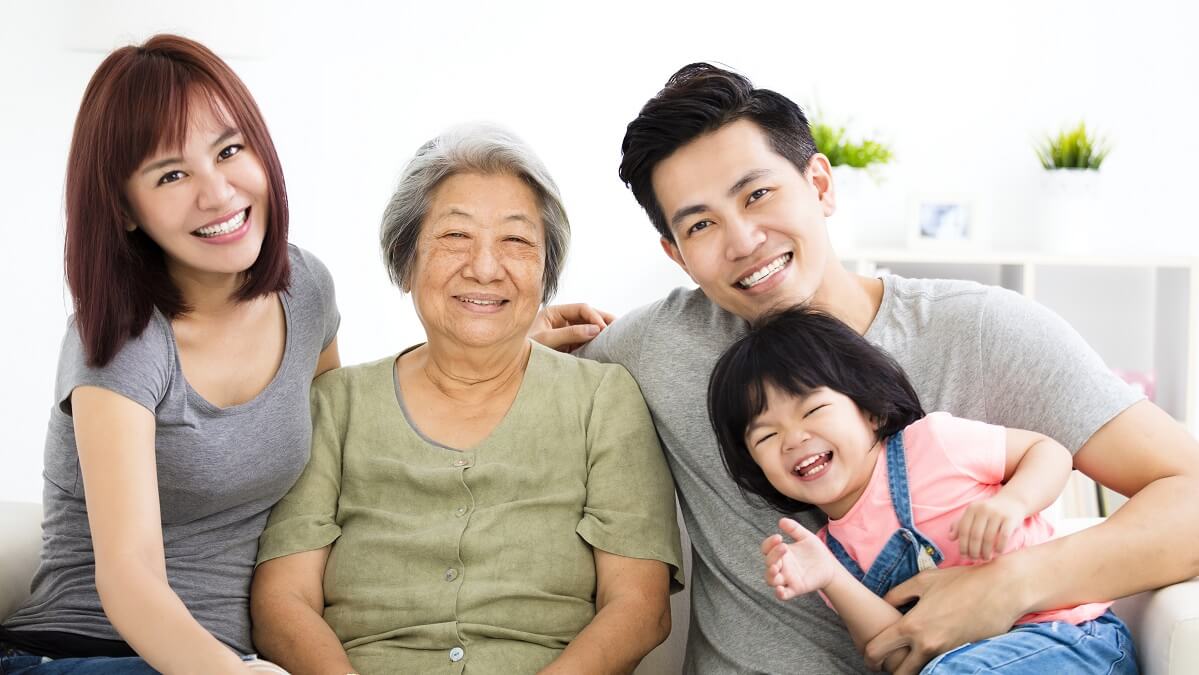At the back of a one-room hut on the banks of the Ganges, a toothless, almost blind grandmother has her ‘sleeping place’. Her grandchildren attend to her needs while her daughter and son-in-law, and the older children, work in the paddy fields.
In a corner of a yurt in the Mongolian steppes, an ‘old’ man in his 50s lies asleep. He will be woken up and fed when his children and grandchildren return from a day herding the animals from which they all live.
At the doorway of a large, palm leaf-thatched Pacific island house, a wrinkled woman sits crooning to herself. Her neighbours ‘keep an eye on her’ while her daughter and grandchildren are doing the family laundry in the nearby creek.
On the sunny front porch of a white-washed, stone cottage on the Greek island of Kastellorizo, a black-clad grandmother sings to her two small grand-daughters.
Read: iPods, iPhones and iPads making us more ‘i-solated’
In the front seat of her stationary car, the motor running, a smartly dressed woman quickly puts a number into her smartphone. She taps her steering wheel impatiently. She has a lot to do and the aged care home she is telephoning is slow in answering.
Finally, a flustered female voice answers: “Sunshine Home, sorry for the delay we are short of staff …”
The well-dressed woman interrupts: “I’ve been ringing for five minutes and have a lot to do. This is ‘Norma Smith’, I’m phoning to get you to tell mum that I can’t visit her this week because I have a lot to do. Will you please give her the message and my love? I will see her next Tuesday.” She ends the call and quickly drives off.
The woman who took the call shakes her head sadly and hangs up.
Read: A well-lived life and a well-managed exit
The phone rings again immediately and there are two people waiting to speak with her. It is over an hour before she has the time to get the message to Norma’s mother.
‘Aged care’ seems to operate very differently in ‘advanced’ Western nations to the way that it does in developing countries.
It’s sometimes difficult to tell which is the better way.
Do other cultures have a much better way of assisting their older family members? Do Western nations have a lot to learn in that regard? Have your say in the comments section below.


What a pity that the stress of life has taken over from the love of one’s elders.
Thank you Peter for wisely reminding us of our priorities. A good time now to examine our ways and take personal responsibility for what we do. Everyone can help themselves and their families by choosing to show a little love or look to Jesus for help.